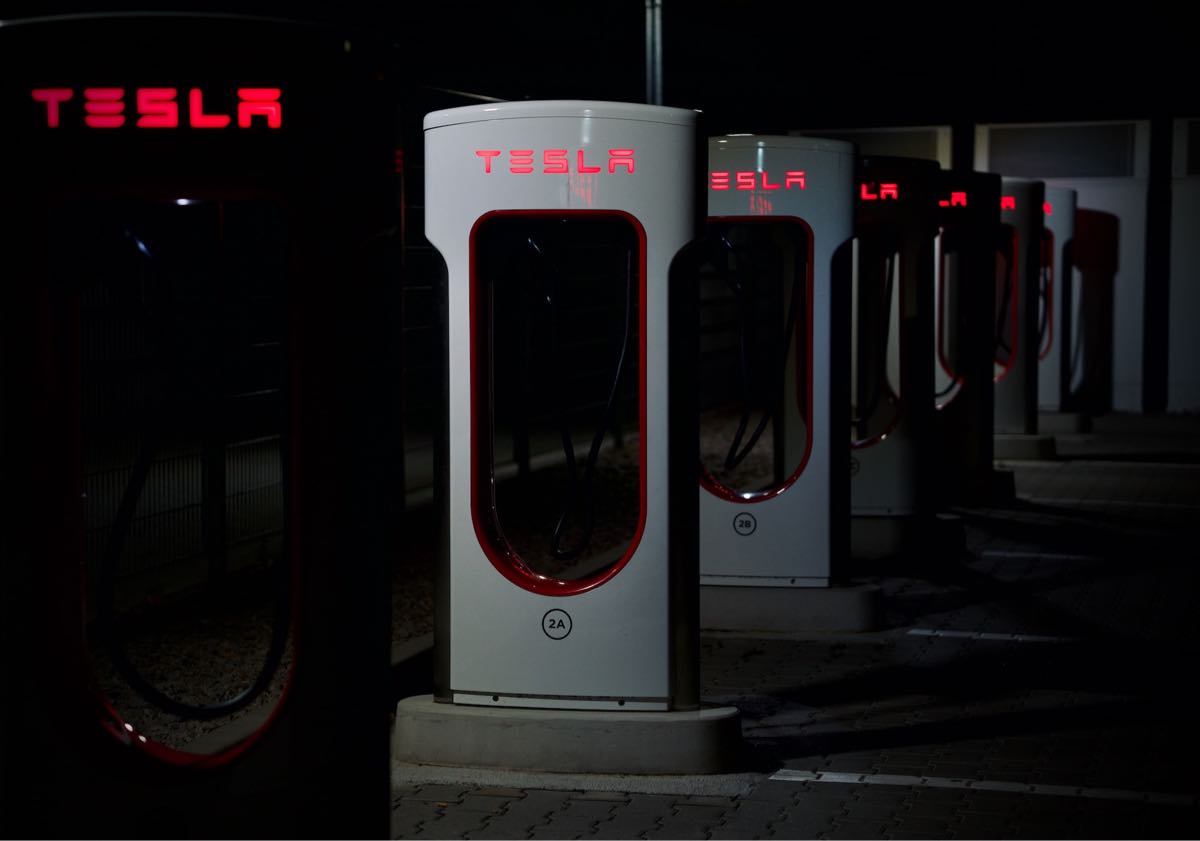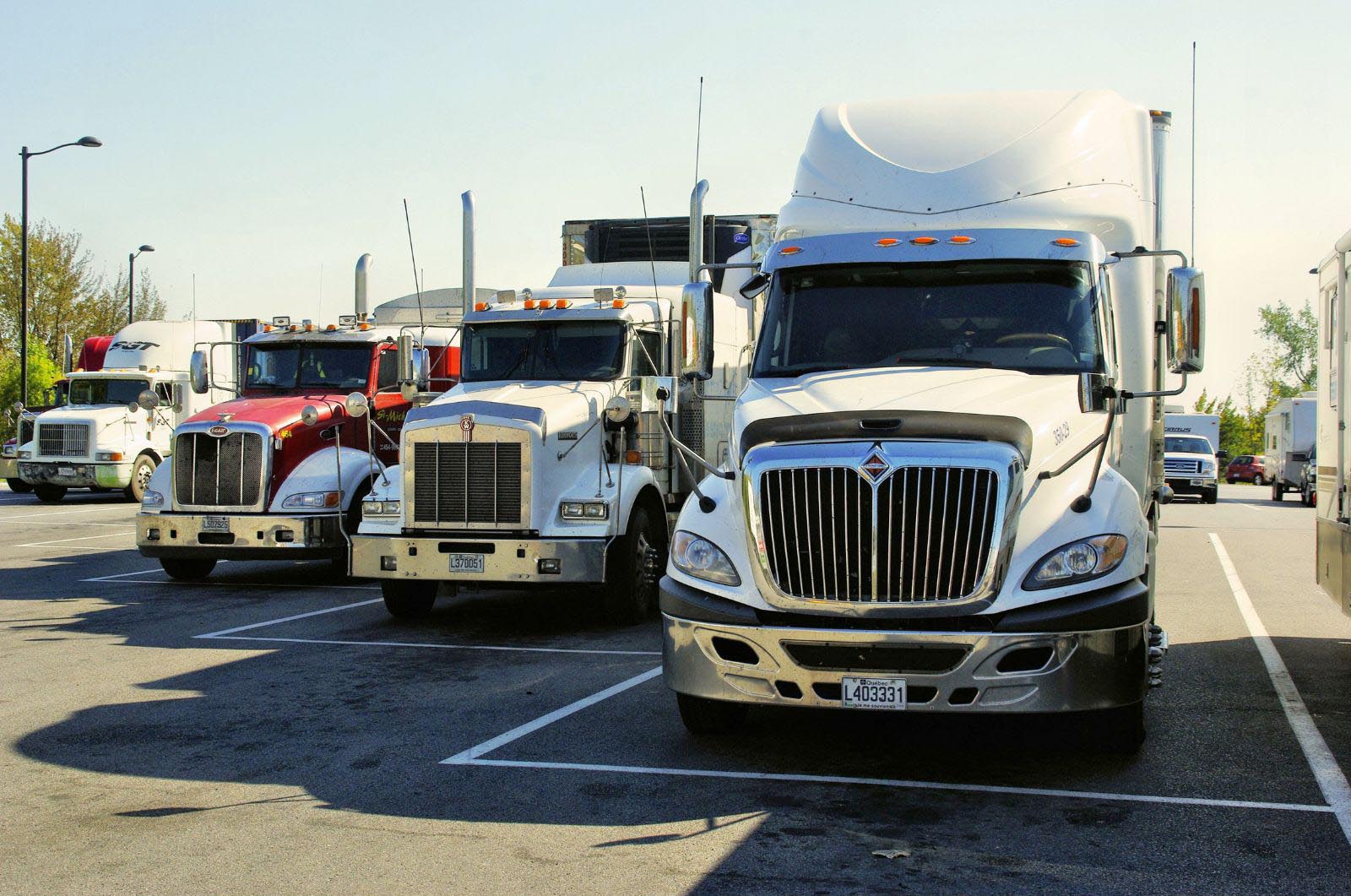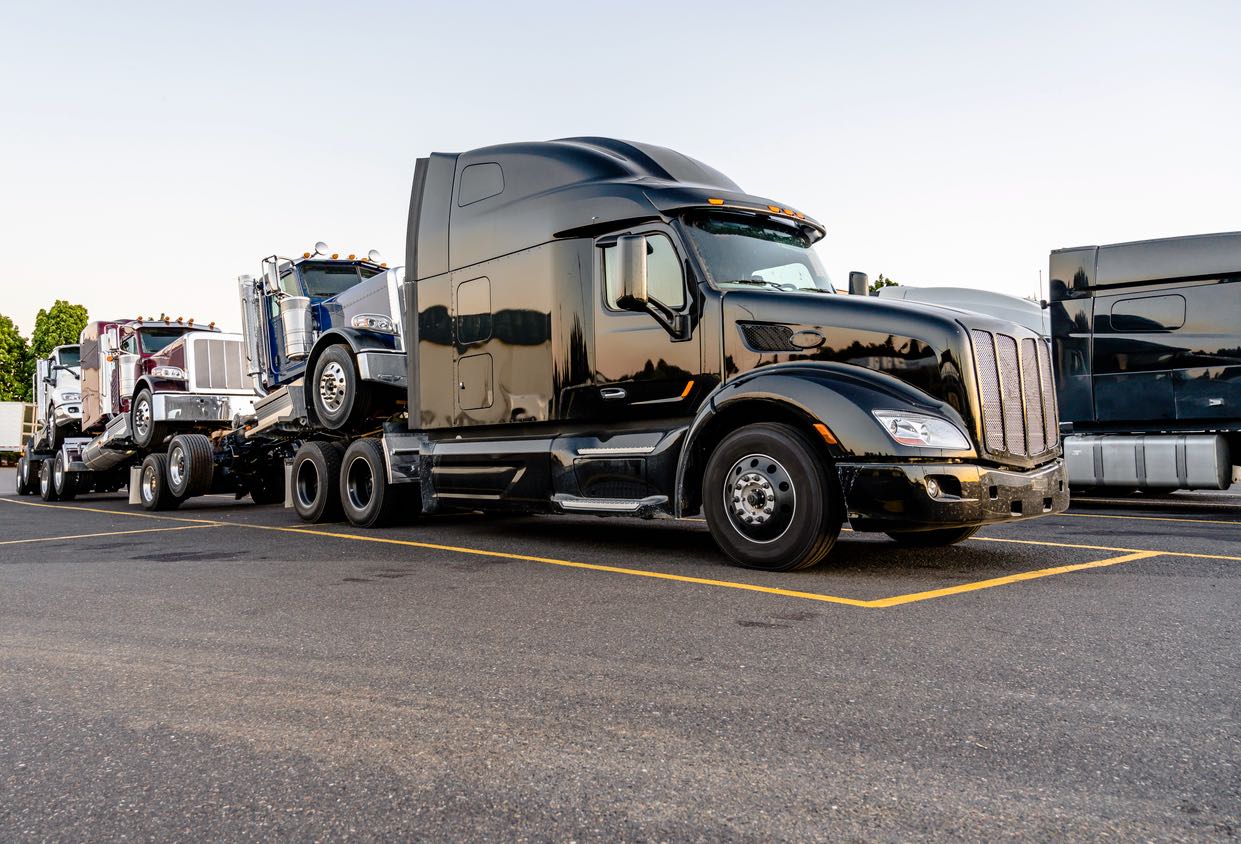A substantial shift is now taking place in the market for electric vehicles (EVs) in the United States of America. The Internal Revenue Service (IRS) has recently implemented modifications to the electric vehicle (EV) tax credit system. These modifications are intended to simplify the procedure and accommodate the ever-changing market. This new age in clean energy vehicle sales, which places an emphasis on efficiency and compliance, is signaled by these developments, which are beneficial to both car dealers and purchasers. Anyone who is active in the electric vehicle market in the United States, whether they are a dealer, a buyer, or an observer of the business, must make it a priority to comprehend these developments.

Extension of Reporting Deadlines for Dealers
The Internal Revenue Service (IRS) has granted a temporary extension for the reporting of the sale of certain clean energy cars. This action is an acknowledgment of the difficulties that auto dealers are experiencing. Providing dealers with more time to react to the new reporting requirements is a vital change that is made possible by this extension. In the beginning, it was necessary for dealers to submit their reports within three days following the transaction. In spite of this, dealers have until January 19 to submit time-of-sale records for automobiles that were sold between January 1 and January 16 in accordance with the new extension requirements. This delay is not only a relief for dealers, but it also presents a chance to guarantee that the transition to the new system is followed accurately and in conformity with regulations.
Understanding the IRS ECO Portal
Internal Revenue Service Energy Credits Online (IRS ECO) is the site that is at the center of these improvements. As of the first of the year, dealers are required to utilize this portal in order to register and record sales of electric vehicles. The following are the main steps involved in navigating the IRS ECO portal:
- Registration: Prior to using the site, dealers are required to register. It is necessary to complete this step in order to have access to the reporting tools.
- Report Submission: Retailers are able to submit their time-of-sale records for each clean energy car that they sell once registration has been completed.
- Advanced Payments Registration: Additionally, licensed dealers have the opportunity to register for advance payments, which may be used to reduce the amount of tax credit that is used against the purchase price of a client of theirs.

2024 Changes and Buyer Options
As we look ahead to the rest of the year, prospective consumers of vehicles will be presented with new alternatives that have the potential to greatly impact their decision-making process. The option for purchasers to transfer their clean vehicle credits to state-licensed dealers at the time of purchase is one of the most prominent modifications that has been implemented because of this move. This choice removes the requirement for purchasers to make a claim for the credit on their tax returns, which results in cost savings that are realized almost immediately. The qualifying requirements for clean vehicle credits, which may be worth up to $7,500, have recently been strengthened, so it is crucial to keep in mind that these credits are subject to eligibility regulations.
Eligibility and Restrictions
The requirements for receiving credits for clean vehicles have gotten more strict, and new regulations have made it such that vehicles that contain battery components from specific locations, most notably China, are not eligible for these credits. The number of vehicle models that are eligible for this adjustment has decreased as a result of this change. Dealers and customers are obligated to maintain a level of awareness of these qualifying requirements, which may be found on the website of the United States Department of Energy. Maintaining compliance with these regulations is necessary in order to reap the benefits of the tax credit system.

Assistance and Resources for Dealers
The Internal Revenue Service is providing a variety of materials in order to assist dealers and sellers in adjusting to these changes. “Online office hours” are included in this, during which dealers may get their inquiries answered immediately by staff from the Internal Revenue Service. Furthermore, the Internal Revenue Service website provides a reference known as Publication 5867-A, which provides information about the reporting requirements for sales of clean energy vehicles. The utilization of these resources is of great importance in order to guarantee a seamless transition to the new system.
Recent modifications to the electric vehicle (EV) tax credit scheme in the United States have brought about a substantial shift in the landscape of sales of clean energy vehicles. It is necessary for both purchasers and dealers to adjust to these new standards in order to continue to reap the benefits of the tax credit system. The lengthening of reporting deadlines by the Internal Revenue Service (IRS) and the launch of the IRS ECO portal are two of the most important aspects of this change. Knowing these shifts is essential to effectively navigate the ever-changing electric vehicle industry in the United States.

It is clear that Ship A Car, Inc. is the best option to go with when it comes to transporting an electric vehicle across the United States. Additionally, SAC is the for car best option dealerships to fulfill all of their requirements for vehicle shipment and relocation. Their committed and professional auto transport coordinators provide an unrivaled level of service, ensuring that your electric vehicle is moved in a manner that is both safe and efficient, all while maintaining a pricing that is competitive. You may have faith that Ship A Car, Inc. will give a shipping experience that is devoid of hassles because of their knowledge in dealing with electric vehicles. Call the toll-free number (866) 821-4555 to obtain further information or to schedule the shipping of your electric vehicle.
FAQ Section
Q: What are the new IRS reporting requirements for EV sales?
A: The time-of-sale reports for clean energy cars must now be submitted by dealers through the IRS ECO portal within a predetermined amount of time.
Q: How do the 2024 changes affect EV buyers?
A: The ability for purchasers to transfer their clean car credits to dealers at the time of purchase will become available beginning in 2024, giving buyers with instant financial benefits.
Q: Where can dealers find more information about eligibility and reporting requirements?
A: Dealers can find the qualifying requirements on the website of the United States Department of Energy, as well as the instructions and tools for reporting on the website of the Internal Revenue Service.




